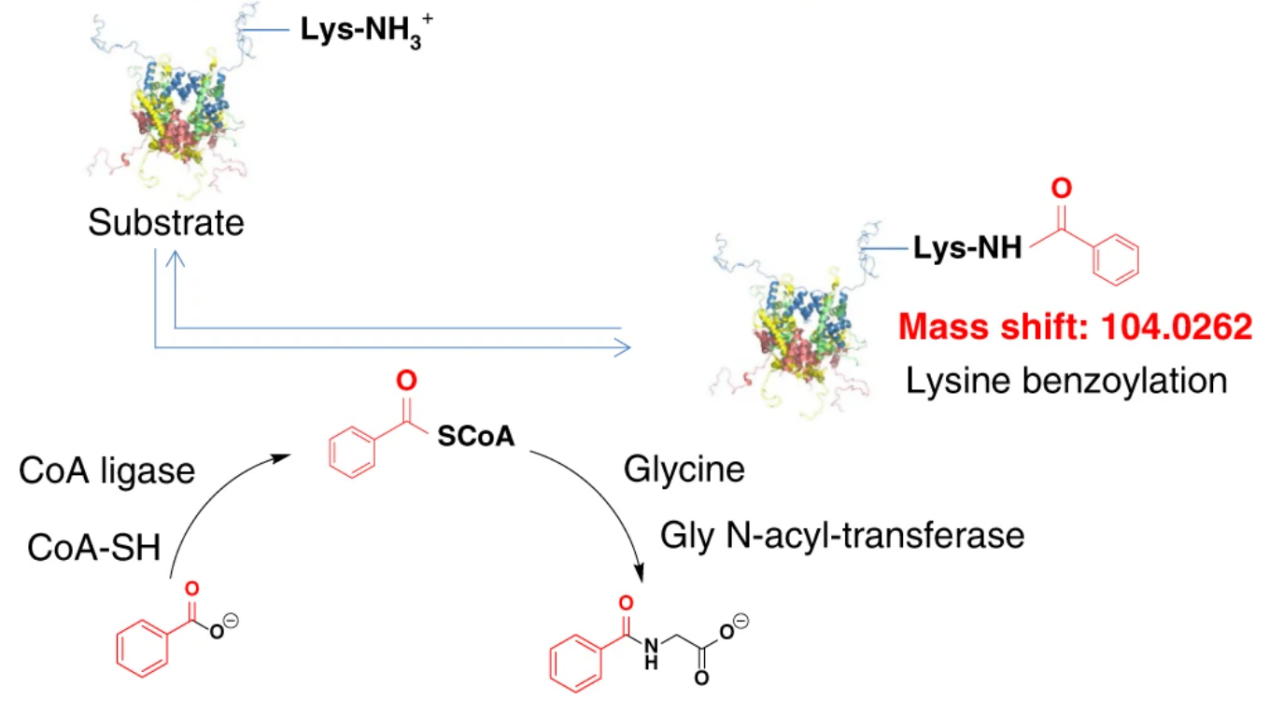Benzoylation Analysis Service
Protein post-translational modifications (PTMs) are essential regulators of cellular physiology, providing proteins with additional layers of control over their activity, localization, and stability. Among the diverse types of lysine acylations, benzoylation has recently emerged as a novel modification of significant biological interest. It is characterized by the covalent attachment of a benzoyl group to lysine residues, thereby influencing the structural and functional properties of target proteins.
MtoZ Biolabs offers a comprehensive Benzoylation Analysis Service designed to identify, quantify, and interpret this unique modification with high precision. By integrating advanced mass spectrometry platforms, enrichment technologies, and bioinformatics pipelines, we provide flexible solutions tailored to different research needs, ranging from targeted protein studies to global proteome profiling:
💠Targeted Protein Benzoylation Analysis
For researchers focusing on specific proteins of interest, we provide targeted assays to precisely map benzoylation sites, quantify modification levels, and validate functional significance through antibody-based enrichment and targeted MS approaches.
💠Benzoylation Proteomics
For broader biological questions, we offer large-scale, discovery-driven benzoylation proteomics analysis covering histones and non-histone proteins. This includes high-throughput LC-MS/MS mapping of modification sites and comparative quantification across experimental conditions.
What is Benzoylation?
Lysine benzoylation was identified as an acylation event with structural similarities to other well-studied modifications such as acetylation, crotonylation, and succinylation. However, benzoylation introduces a larger aromatic group compared to these modifications, which can result in substantial changes to protein conformation and biochemical properties. The benzoyl group, derived from benzoyl-CoA, contributes both steric bulk and hydrophobicity, potentially altering protein-protein interactions and chromatin architecture.

Huang, H. et al. Nat Commun. 2018.
Figure 1. Lysine Benzoylation
Histones are among the most prominent substrates for benzoylation. Histone benzoylation has been linked to transcriptional activation and chromatin remodeling, suggesting its role as an emerging epigenetic marker. In addition to histones, several non-histone proteins involved in metabolism, DNA repair, and cell cycle regulation have been found to undergo benzoylation, highlighting the broad functional implications of this modification. Recent studies suggest that dysregulated benzoylation may play roles in tumorigenesis, inflammatory responses, and metabolic disorders. As a result, benzoylation is becoming a key area of interest in proteomics research, offering new insights into disease mechanisms and potential therapeutic targets.
Analysis Workflow

Sample Submission Suggestions
1. Sample Types
We accept various biological sample types, including but not limited to:
- Cultured cells
- Microorganisms
- Animal or human tissue
- Plant tissue
- Biological fluids such as plasma or serum
- Protein Extracts
2. Storage and Transport
- Samples should be snap-frozen in liquid nitrogen and stored at –80°C until shipment.
- Ship samples on dry ice.
- Avoid repeated freeze–thaw cycles.
*Note: If you have special sample types or require additional guidance, please contact us for personalized support before sample preparation.
Service Advantages
☑️Advanced Analytical Platforms: High-resolution LC-MS/MS systems capable of detecting low-abundance modifications.
☑️Experienced Team: Skilled proteomics scientists with extensive expertise in PTM research.
☑️Customizable Workflows: Tailored experimental design to meet specific project goals.
☑️High Sensitivity and Specificity: Optimized enrichment and detection methods for accurate site mapping.
☑️One-Time-Charge: Our pricing is transparent, no hidden fees or additional costs.
Applications
The Benzoylation Analysis Service offered by MtoZ Biolabs supports a wide range of research and clinical applications by uncovering the biological functions and regulatory mechanisms of this emerging post-translational modification:
1. Epigenetics and Chromatin Regulation
Histone benzoylation has been associated with transcriptional activation and chromatin remodeling. Our service enables researchers to map histone benzoylation sites, explore their interplay with other histone modifications, and link them to gene expression programs.
2. Cancer Research
Dysregulated benzoylation has been observed in oncogenic signaling pathways. By characterizing site-specific benzoylation profiles in tumor versus normal tissues, our service facilitates biomarker discovery and identification of potential therapeutic targets.
3. Metabolic and Stress Response Studies
Benzoylation may be modulated by cellular metabolism through benzoyl-CoA intermediates. Our proteome-wide analysis provides insights into how metabolic states or stress conditions influence benzoylation patterns, revealing connections between metabolism and protein regulation.
4. Drug Discovery and Translational Research
By providing both targeted validation and global benzoylation profiling, our service supports the identification of druggable pathways and the development of small-molecule modulators that target benzoylation-regulated proteins.
Deliverables
1. Comprehensive Experimental Details
2. Materials, Instruments, and Methods
3. The Detailed Information of Benzoylation Analysis
4. Mass Spectrometry Image
5. Bioinformatics Analysis
6. Raw Data
By partnering with MtoZ Biolabs, researchers gain access to a reliable Benzoylation Analysis Service for uncovering new insights into protein regulation and disease mechanisms, enabling discoveries that can drive both fundamental biology and translational medicine. Feel free to reach out for consultation on your specific needs.








